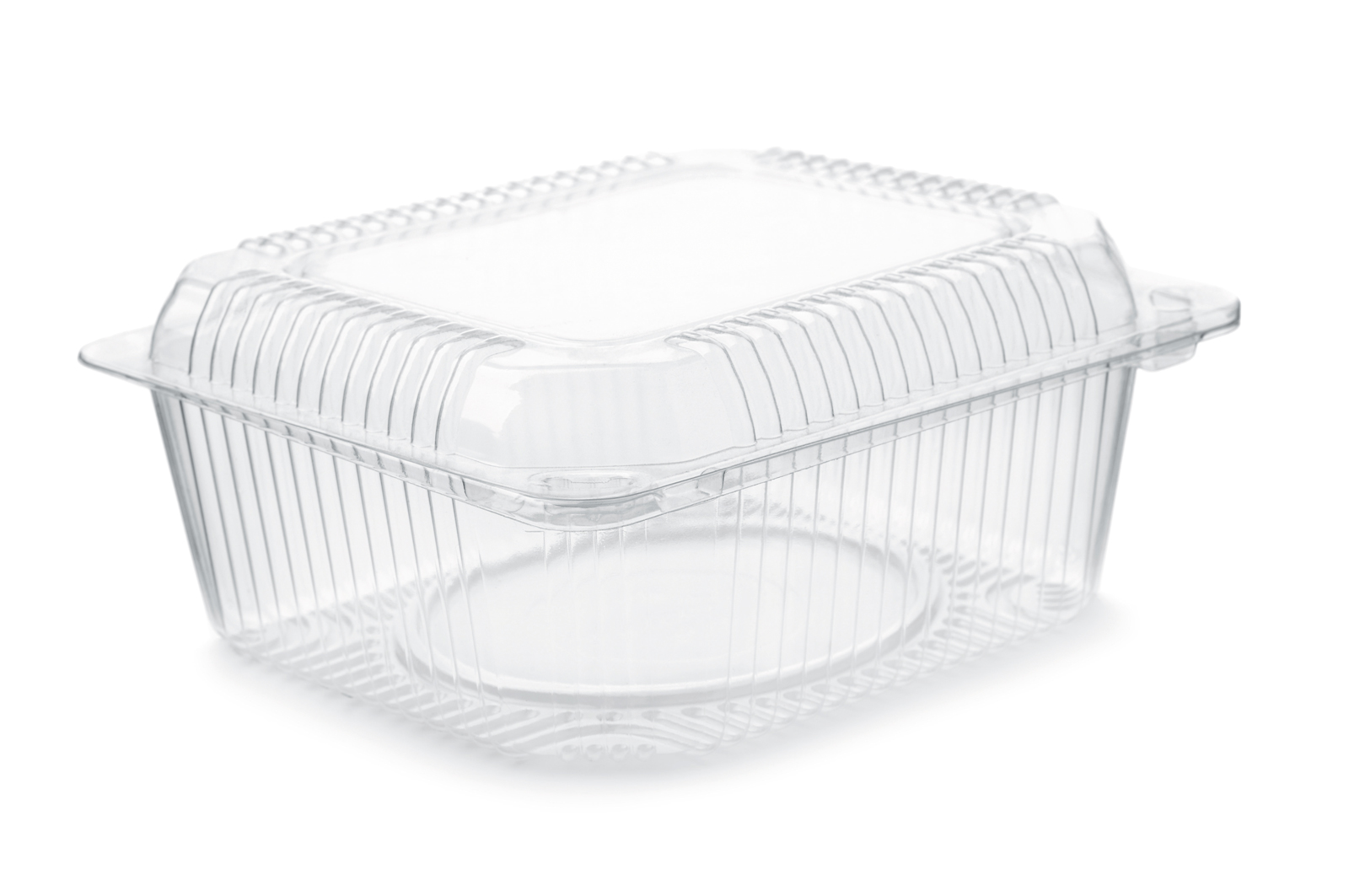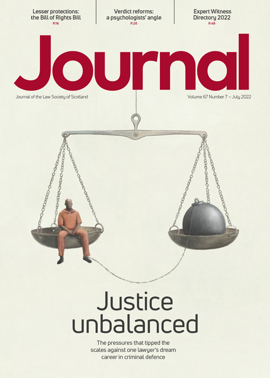Tax: windfall and plastic packaging taxes raise stakes
The importance of sustainability and tackling climate change is at the forefront of world leaders’ policies. Solutions and ideas are needed in every aspect of our lives, and that includes tax. The Chancellor has introduced two new taxes, a windfall tax and a plastic packaging tax, that are sustainability related. It is hoped that both taxes will make a positive impact on climate change and that the windfall tax will help ease the current cost of living crisis.
Windfall tax
The windfall tax, termed the “energy profits levy”, is a temporary, 25% tax on North Sea oil and gas company profits arising on or after 26 May 2022. It is currently in force until 31 December 2025. The key rationale for this tax is to attempt to raise £5 billion to mitigate the effects of increased household energy bills and the rising energy price cap on consumers.
With the average household energy bill going up by £2,000 a year and the cost of fuel being higher than ever, the introduction of a windfall tax on the profits of North Sea oil and gas companies would be welcomed to help ease the burden. However, although the tax could result in significant money initially, the long-term impact may not be what the Chancellor is aiming for. North Sea oil and gas companies may reduce the amount they spend on research into renewable solutions, as the money they had earmarked for that may need to go towards paying the windfall tax. This is the opposite of the Government’s hope that the windfall tax may result in the oil and gas sector looking towards renewable energy as an alternative solution. There is also the possibility that these companies may increase their prices to deal with the windfall tax, meaning that customers will ultimately be the ones who pay – the very people that the windfall tax was brought in to help. This will hit consumers particularly hard given that the energy price cap is being increased.
Companies in other parts of the energy sector are now waiting nervously to see whether the Chancellor will extend the reach of the windfall tax. RWE, the German energy company that is one of the biggest power plant owners in Britain, has suggested it may reconsider its significant investment plans in the UK if they become subject to a windfall tax.
Plastic packaging tax (PPT)
The PPT was brought into force on 1 April 2022. This new tax is imposed on plastic packaging manufactured in, or imported into the UK, that does not contain at least 30% recycled plastic. It is hoped that the imposition of this tax will encourage high levels of recycling in plastic products and innovative solutions in relation to plastic.
 The PPT can play a big part in tax assisting the UK achieve its net zero goals and sustainability targets. By incentivising businesses to use as much recycled plastic as possible in plastic packaging, the intention is that this will create a greater demand for recycled plastic, resulting in the number of suppliers and consumers of recycled plastic greatly increasing. This would result in less plastic waste ending up in landfill sites and be a key factor in the push to achieving sustainability goals.
The PPT can play a big part in tax assisting the UK achieve its net zero goals and sustainability targets. By incentivising businesses to use as much recycled plastic as possible in plastic packaging, the intention is that this will create a greater demand for recycled plastic, resulting in the number of suppliers and consumers of recycled plastic greatly increasing. This would result in less plastic waste ending up in landfill sites and be a key factor in the push to achieving sustainability goals.
Regulations for this new tax have had to be strict, to ensure that the minimum 30% level of recycled plastic is upheld across all types of plastic packaging. This has included the methods for weighing plastic packaging components and the requirement for maintaining, procuring evidence of and calculating the recycled material.
There are four types of packaging components that are exempt from the tax, regardless of how much recycled plastic they contain. These are:
- plastic packaging manufactured or imported for use in the immediate packaging of a medicinal product;
- transport packaging used on imported goods;
- packaging used as aircraft, ship and rail stores; and
- components that are permanently designated or set aside for use other than a packaging use.
The tax is expected to impact an estimated 20,000 manufacturers and importers of plastic packaging. The joint and several liability requirements of the new tax mean that businesses will need to conduct significant due diligence on their supply chain to ensure that the packaging they use is above the minimum 30%.
The introduction of new taxes is not without its challenges and, while the scope of the windfall tax appears still to require ironing out, it is hoped that both taxes will achieve their aims of mitigating the impact of the cost of living crisis on individuals while helping to achieve climate change targets.
Perspectives
Features
Briefings
- Civil court: Issues on appeal
- Licensing: Minimum pricing – a genuine impact?
- Insolvency: How to admit joint creditor claims
- Tax: windfall and plastic packaging taxes raise stakes
- Immigration: Asylum system overhauled
- Scottish Solicitors' Discipline Tribunal: July 2022
- In-house: In with the stonework
- Property: Living with the Register of Overseas Entities
In practice
- OPG update: July 2022
- Public policy highlights: July 2022
- Gear up for the Scottish Legal Walks
- Disabled solicitor support group proposed
- Risk: Cybercrime – the hybrid worker prey
- Ask Ash: Piling it on
- TRS: time for a trusts trawl
- Know people, know business
- High street and hybrid
- Appreciation: Ian Leslie Shaw Balfour
- The Expert Witness Directory 2022
- Expert witness: case law update







